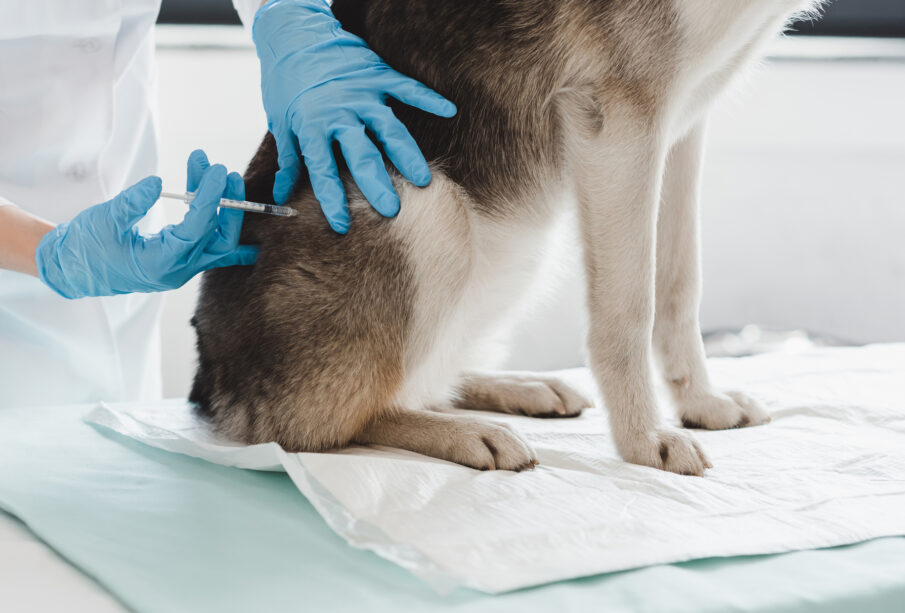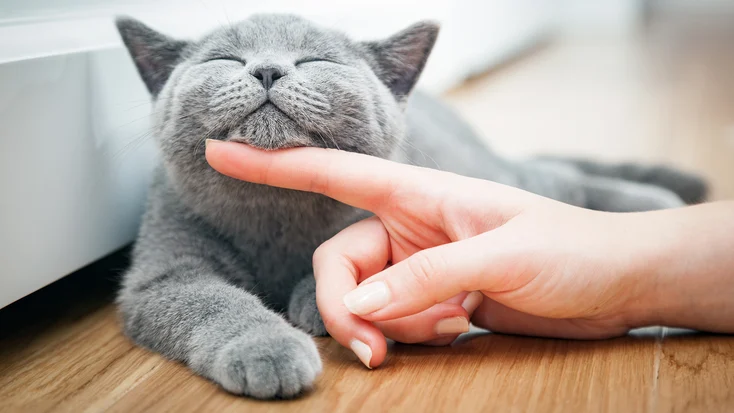The Role of Nutrition in Pet Wellness Programs

cropped image of veterinarian doing injection by syringe to dog in clinic
As a pet owner, ensuring your furry friend receives the best possible care is a top priority. While regular veterinary check-ups with a trusted veterinarian in Simcoe are essential, nutrition plays a vital role in maintaining your pet’s overall health and well-being. A well-balanced diet can help prevent chronic diseases, support healthy weight management, and even improve mental health.
In this article, we’ll explore the importance of nutrition in pet wellness programs, including how to choose the right food for your pet, how to manage dietary allergies and sensitivities, and how to work with your veterinarian to develop a personalized nutrition plan that meets your pet’s unique needs.
What is The Importance of Nutrition in Pet Wellness Programs?
Nutrition is the foundation of any pet wellness program. A balanced and nutritious diet provides the necessary building blocks for optimal health, including protein, fat, carbohydrates, vitamins, and minerals. A well-planned diet can help:
- Prevent chronic diseases: A balanced diet can help prevent chronic diseases, such as obesity, diabetes, and arthritis.
- Promote healthy weight management: A nutritious diet can help maintain a healthy weight, reducing the risk of obesity-related health problems.
- Support optimal health: A well-planned diet can help support optimal health, including healthy skin, coat, and digestive system.
How to Choose the Right Food for Your Pet?
With so many different types of pet food available, choosing the right food for your pet can be overwhelming. Here are some tips to help you make an informed decision:
- Consult with your veterinarian: Your veterinarian can provide personalized recommendations based on your pet’s individual needs, age, health status, and lifestyle.
- Read labels carefully: Look for foods that are labeled as “complete and balanced” and contain high-quality protein sources, such as chicken, salmon, or lamb.
- Avoid fillers and by-products: Fillers and by-products can be difficult for your pet to digest and may cause allergic reactions or sensitivities.
- Consider your pet’s life stage: Puppies, kittens, adult pets, and seniors have different nutritional needs. Choose a food that is formulated for your pet’s life stage.

What Are The Nutritional Considerations for Different Life Stages?
Different life stages have unique nutritional requirements. Here are some considerations for each life stage:
- Puppies and kittens: Puppies and kittens require a diet rich in protein, fat, and calories to support rapid growth and development.
- Adult pets: Adult pets require a balanced diet that maintains their weight, supports their energy needs, and promotes overall health.
- Seniors: Senior pets require a diet that is easy to digest, rich in antioxidants, and supports joint health and cognitive function.
What Are The Common Nutritional Disorders in Pets?
Nutritional disorders can have a significant impact on your pet’s health and well-being. Here are some common nutritional disorders in pets:
- Obesity: Obesity is a common nutritional disorder in pets, increasing the risk of chronic diseases, such as diabetes and arthritis.
- Food allergies and sensitivities: Food allergies and sensitivities can cause skin problems, digestive issues, and ear infections.
- Malnutrition: Malnutrition can occur if your pet is not receiving a balanced and nutritious diet, leading to weight loss, poor coat condition, and increased risk of infections.
Final Thought
Nutrition plays a vital role in pet wellness programs, and a well-planned diet can help prevent chronic diseases, promote healthy weight management, and support optimal health. By consulting with your veterinarian, reading labels carefully, and avoiding fillers and by-products, you can choose high-quality food that meets your pet’s individual needs. Remember, every pet is different, and nutritional needs can vary depending on life stage, health status, and lifestyle. By prioritizing nutrition and working with your veterinarian, you can help your pet live a long, healthy, and happy life.











